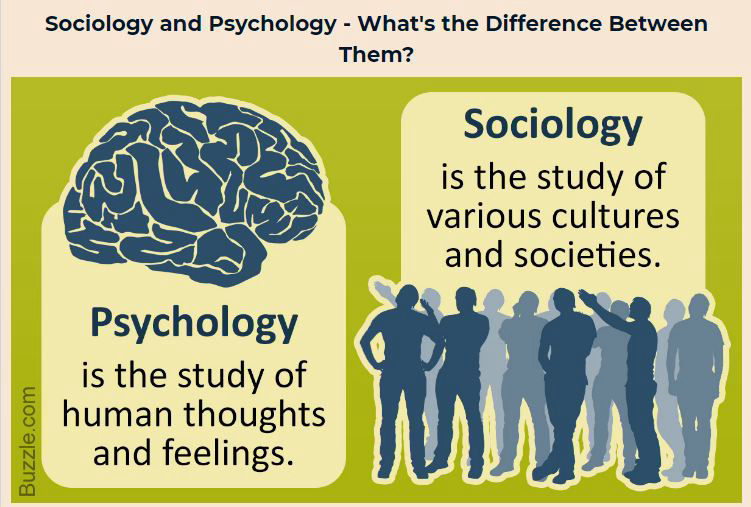
Sociology – the study of humans in society – attempts to capture, perhaps more than any other discipline, the rich variety and complexity of human social life. Indeed, it is difficult to think of any area of social existence that a sociologist wouldn’t be interested in examining, from the most intimate of personal relationships, to the worldwide circulation of ideas, beliefs, goods and people.
Sociologists are generally encouraged to cultivate a ‘sociological imagination’. This is the ability to see our own lives and the lives of those we study, as intrinsically linked to wider social processes and structures. The food we eat, the clothes we wear, the relationships we form, the pets we keep, the money we use, the consumables we buy, the languages we speak, the ambitions we pursue, and even the opinions we hold, are all dependent on the particular historical and social context in which we find ourselves. This context is the wellspring of sociology.
With the study of social life at its heart, the scope of sociology is almost limitless. Its subject matter encompasses family life, education, crime, work, war, religion, capitalism, power, food, leisure, love, health, sleep, the body, the self, human and animal relations, art, tourism and the media, to name just a few. Sociology also has an abiding concern with the main markers of social difference in modern society – class, gender, ‘race’/ethnicity, age, sexuality and (dis)ability – and how these often intersect in shaping the life chances and experiences of individuals. https://warwick.ac.uk/fac/soc/sociology/prospective/ugstudy/whatissociology/

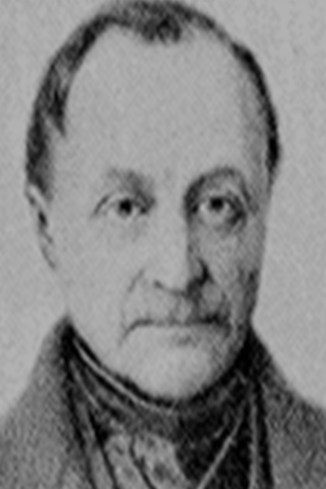
"Auguste Comte developed social physics, or what in 1839 he called sociology (Pickering, 2000). The use of the term social physics made it clear that Comte sought to model sociology after the “hard sciences.” This new science, which in his view would ultimately become the dominant science, was to be concerned with both social statics (existing social structures) and social dynamics (social change)." (Ritzer, 2010)
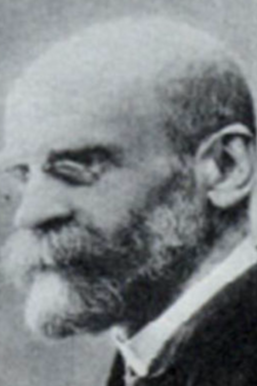
"The two main themes in Durkheim’s sociology were the priority of the social over the individual and the idea that society can be studied scientifically. These themes led to his concept of social facts. Social facts can be empirically studied, are external to the individual, are coercive of the individual, and are explained by other social facts. Durkheim differentiated between two basic types of social facts—material and nonmaterial. The most important focus for Durkheim was on nonmaterial social facts. He dealt with a number of them, including morality, collective conscience, collective representations, and social currents." (Ritzer, 2010)
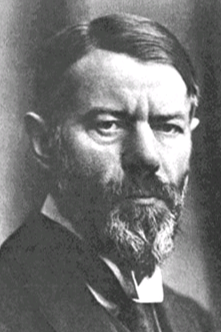
"Max Weber has had a more powerful positive impact on a wide range of sociological theories than any other sociological theorist. This influence is traceable to the sophistication, complexity, and sometimes even confusion of Weberian theory. Despite its problems, Weber’s work represents a remarkable fusion of historical research and sociological theorizing."(Ritzer, 2010)
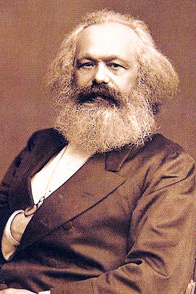
"Marx’s theories have produced one of sociology’s most productive and significant research programs. When Marx died in 1883, the eleven mourners at his funeral seemed to belie what Engels said in his eulogy: 'His name and work will endure through the ages.' Engels seems to have been right. His ideas have been so influential that even one of his critics admitted that, in a sense, “we are all Marxists now” (P. Singer, 1980:1). As Hannah Arendt (2002:274) wrote, if Marx seems to be forgotten, it is not 'because Marx’s thought and the methods he introduced have been abandoned, but rather because they have become so axiomatic that their origin is no longer remembered.'" (Ritzer, 2010)
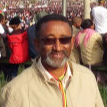
Name: Mr. Abeje Menberu
Academic Rank: Lecturer
Qualification: M.A. Degree in Social Anthroplogy
Status: On Duty
Email: @gmail.com

Name: Mr. Ablel Tekeste
Academic Rank: Lecturer
Qualification: M.A. Degree in Sociology
Status: On Duty
Email: @gmail.com
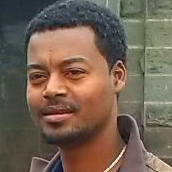
Name: Mr. Addisu Guta
Academic Rank: Lecturer
Qualification: M.A. Degree in Rural Sociology and Agricultural Development
Status: On Duty
Email: @gmail.com

Name: Mr. Biruk Shiferaw
Academic Rank: Lecturer
Qualification: M.A. Degree in Social Anthroplogy
Status: On Duty
Email: @gmail.com
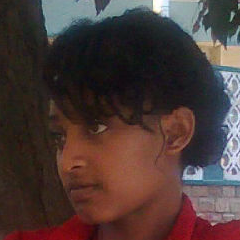
Name: Mrs. Debregenet Yohannis
Academic Rank: Lecturer
Qualification: M.A. Degree in
Sociology and Social Policy Studies
Status: On Duty
Email: @gmail.com
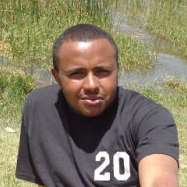
Name: Mr. Demelash Belay
Academic Rank: Lecturer
Qualification: M.A. Degree in Sociology
Status: On Duty
Email: @gmail.com

Name: Mr. Derese Daniel
Academic Rank: Lecturer
Qualification: M.A. Degree in Rural Sociology and Agricultural Development
Status: On Duty
Email: @gmail.com

Name: Mr. Edomgenet Hiba
Academic Rank: Lecturer
Qualification: M.A. Degree in Urban and Industrial Sociology
Status: On Duty (Head, Department of Sociology)
Email: @gmail.com
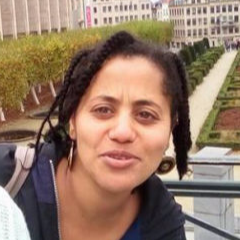
Name: Ms. Emwedish Takele
Academic Rank: Lecturer
Qualification: M.A. Degree in Sociology
Status: On Duty
Email: @gmail.com

Name: Ms. Lidiya Adane
Academic Rank: Lecturer
Qualification: M.A. Degree in Sociology and Family Studies
Status: On Duty
Email: @gmail.com

Name: Mr. Tadele Workineh
Academic Rank: Lecturer
Qualification: M.A. Degree in Sociology of Health
Status: On Duty
Email: @gmail.com
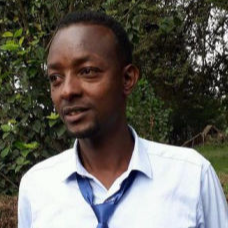
Name: Mr. Teshome Desta
Academic Rank: Lecturer
Qualification: M.A. Degree in Sociology
and Social Policy Studies
Status: On Duty
Email: @gmail.com
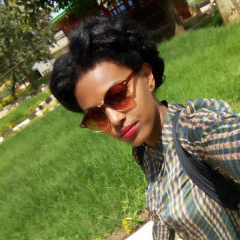
Name: Ms. Wubit Delelegn
Academic Rank: Lecturer
Qualification: M.A. Degree in Sociology and Social Policy Studies
Status: On Duty
Email: @gmail.com

Name: Mr. Zerebruk Zewdu
Academic Rank: Lecturer
Qualification: M.A. Degree in Sociology of Health
Status: On Duty
Email: @gmail.com